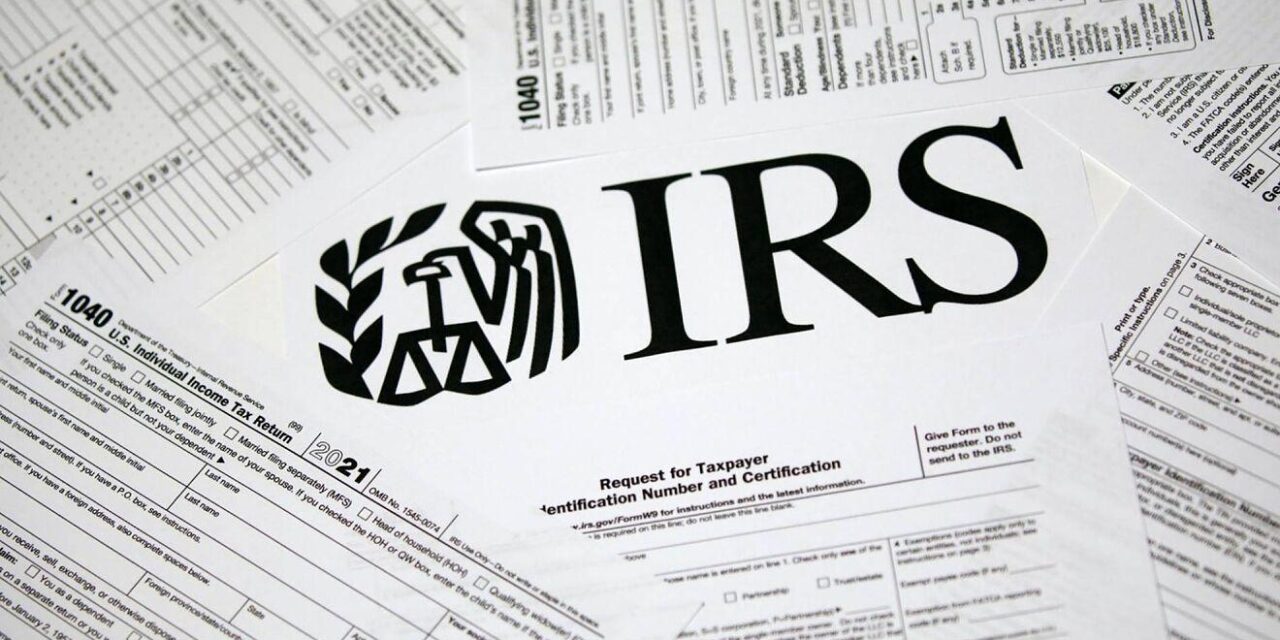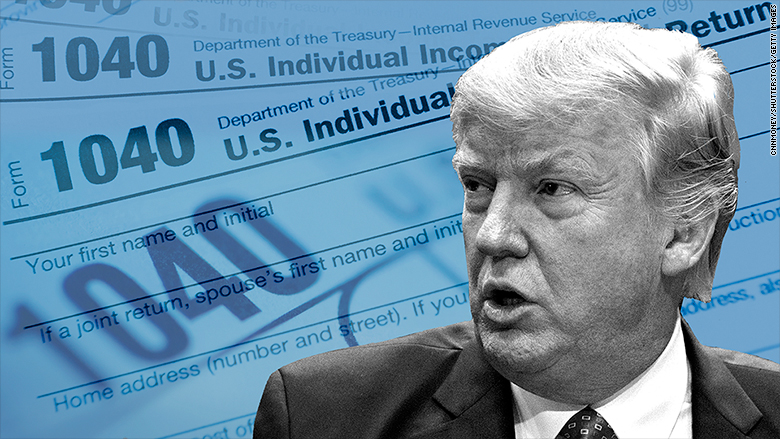A Terrible Tax Court Case for Puerto Rico Act 20, 22, and 60 Residents
In this post, I look at the recent US Tax Court Case Tice v IRS (April 10, 2023). This USVI case has major implications for those of us living and working in Puerto Rico under Acts 20, 22, and 60 (the more recent version of the law). Anyone in Puerto Rico using these tax decrees must be familiar with this case and take action immediately.
Case Summary:
In TICE v. COMMISSIONER OF INTERNAL REVENUE, the United States Tax Court considered the timeliness of a notice of deficiency for a taxpayer who claimed to be a resident of the U.S. Virgin Islands (USVI) for 2002 and 2003. Petitioner David W. Tice argued that the notice of deficiency issued in 2015 was untimely because the three-year period of limitations in section 6501(a) began when he filed his returns with the Virgin Islands Bureau of Internal Revenue (VIBIR). The Internal Revenue Service (IRS) maintained that the filing with the VIBIR does not trigger the statute of limitations unless the taxpayer was a bona fide resident of the USVI under section 932.
The Tax Court held that a taxpayer’s filing of returns only with the VIBIR does not trigger the statute of limitations under section 6501(a) unless they are bona fide residents of the USVI to whom section 932(c) applies. As a taxpayer other than a bona fide USVI resident, the petitioner did not trigger the statute of limitations under section 6501(a) by filing returns only with the VIBIR; therefore, the notice of deficiency could be issued “at any time” under § 6501(c)(3). The court rejected the petitioner’s argument that merely claiming to be a bona fide USVI resident is sufficient to qualify for the single filing regime under section 932(c).
Furthermore, the court dismissed the petitioner’s alternative arguments that the Treasury violated the Administrative Procedure Act and the Fifth Amendment to the U.S. Constitution by giving taxpayers the option to apply the otherwise prospectively effective rule in Treasury Regulation § 1.932-1(c)(2) for tax years ending on or after December 31, 2006, but not for the years in issue. The court found that the petitioner failed to show that taxpayers with different open tax years were similarly situated or that the Treasury’s explanation for its action was unsatisfactory.
English Translation:
The IRS generally has three years to audit your tax returns and claim you owe them money. This three-year period starts when you file your return and can become six years in certain cases.
The problem is, if you never file a tax return, the three years never start. For example, if you don’t file for ten years, and then file all ten years of returns tomorrow, the IRS has three years from tomorrow to audit all ten years of returns. That is to say, the three-year audit clock starts from the date the tax return was filed or the due date of filing, whichever is later.
Tice means that filing a tax return with the US Virgin Islands, and presumable filing a return in the US territory of Puerto Rico, does not start the three-year clock. Only filing a Federal tax return with the Internal Revenue Service starts this three-year statute of limitations.
It also means that the IRS has an unlimited amount of time to contest your Act 20, 22, or 60 in Puerto Rico if you don’t file a US return. The Feds could come back on you 15 years from now claiming you owe them money, and the burden of proving that you don’t will likely be on you… you’re guilty until proven innocent after an assessment. Will you have the documents and evidence necessary?
Solution for Puerto Rico Residents Under Acts 20, 22 and 60:
So, what can you do so that the IRS sword isn’t hanging over your head forever? File a US tax return, even if you don’t think it’s necessary (you have no US source income). File something, anything, to get the statute of limitations on an audit started.
Many of us living and working in Puerto Rico under a tax decree need to rethink our tax strategy and filing obligations under Tice. You should consult with a tax expert to prepare a US return sufficient to be considered “filed” and not discarded as frivolous.










